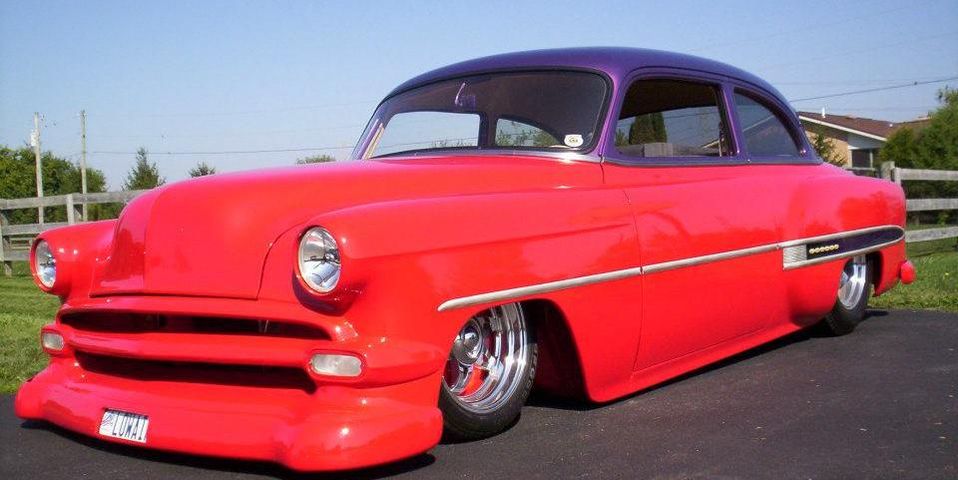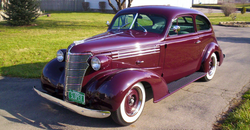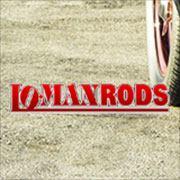
When it comes to vintage vehicles, many car enthusiasts agree that the time, effort, and money invested to revitalize these classics are worth it. Having the proper fuel for older cars and trucks is essential after you’ve completed an auto restoration. The following guide highlights the differences between leaded and unleaded gas as well as other alternatives to keep your car in top condition.
Leaded Versus Unleaded Gas
Cars rolling off of the assembly line in the 1920s used leaded gasoline. The fuel contained tetraethyl lead, which prevented the engine from overheating by keeping the valve seats cool. Without tetraethyl lead, the valves would burn out and cause other parts of the engine to break down.
However, it was discovered that leaded gas released emissions that were harmful to the environment. As a result, in 1996 the Clean Air Act banned the sale of leaded fuel except for off-road uses.
Unleaded gas became widely available in the 1970s. This type of fuel allows vehicles to operate by combining gas and air to start the engine. The gas does not contain lead compounds and is rated according to different octane levels, which is the engine’s ability to withstand inadequate fuel consumption. Unleaded gas burns cleaner and doesn’t produce the harmful emissions that leaded gas was known for.
Do Classic Cars Need a Lead Substitute?
 Vintage cars that once used leaded gas can still operate using unleaded gas. If you’re driving the vehicle short distances, such as to car shows or around town, auto restoration professionals say a lead substitute might not be needed.
Vintage cars that once used leaded gas can still operate using unleaded gas. If you’re driving the vehicle short distances, such as to car shows or around town, auto restoration professionals say a lead substitute might not be needed.
However, if the classic car is used for high-performance activities such as drag racing or cross-country driving, a lead substitute should be added to help prevent overheating and engine malfunction.
What Other Options Exist for Classic Cars?
During a typical auto restoration project, the original valve seats are replaced with hardened ones. This installation allows cars to operate for short and long distances. It also allows you to use your car for high-performance activities using unleaded gas— without the need for a lead substitute.
Older cars may also contain older fuel filters, fuel pumps, seals, and other parts that can be damaged by the ethanol in unleaded fuel. During a custom car fabrication, these parts can be replaced with more modern ones to accommodate unleaded fuel with ethanol. There are also fuels without ethanol that are available and permitted for classic cars.
For more than 16 years, Lo-Man Rods in Tipp City, OH has served the Tri-State area by providing customized and stunning auto restoration services. The team of technicians has more than 160 years of combined experience working on classic cars of all types. Their professional capabilities include building entire models from scratch and sharing extensive expertise with lifetime car enthusiasts. To learn more about fuel options for your vintage vehicle, call (937) 679-5140. Visit the website and Facebook page to view photos of the shop’s works.
About the Business
Have a question? Ask the experts!
Send your question

